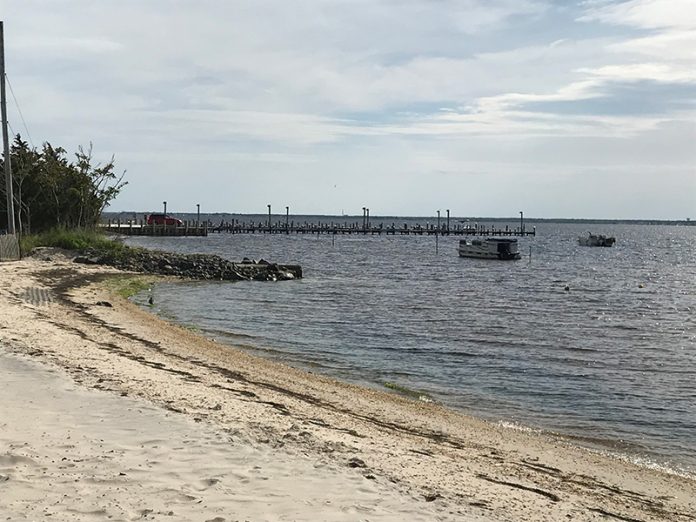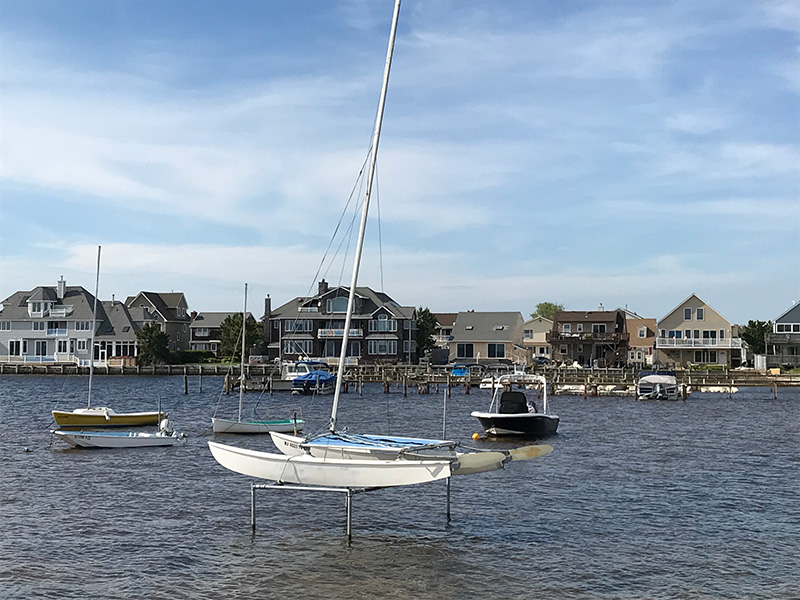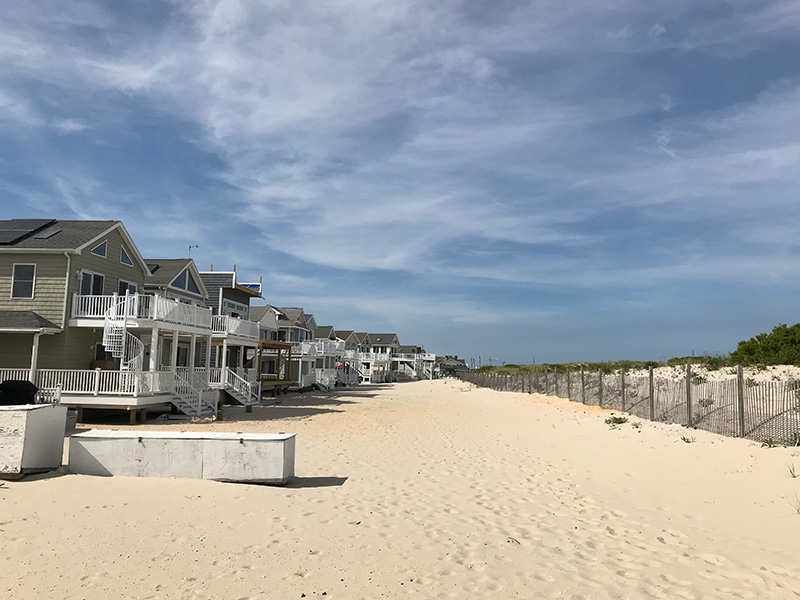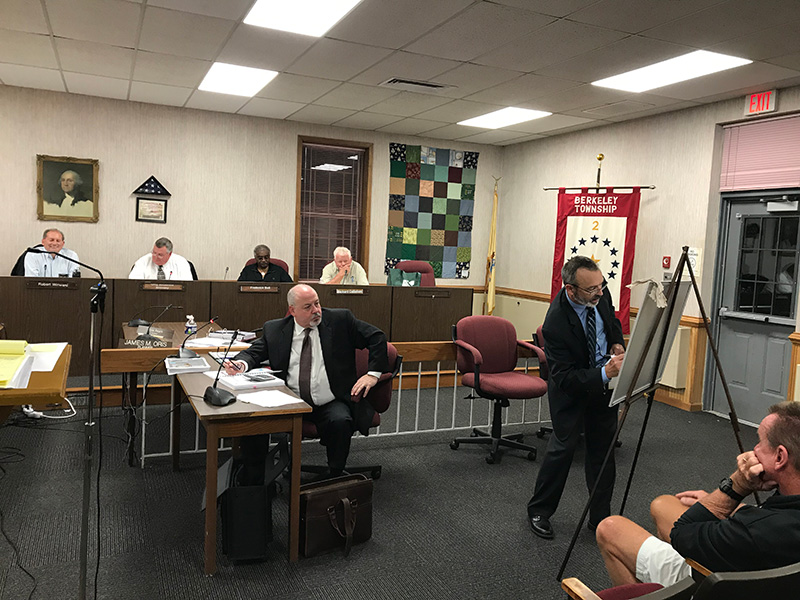
BERKELEY – Professionals paid by the township were accused of being biased, and giving testimony against South Seaside Park residents in their bid for leaving. The professionals have maintained that they are impartial.
South Seaside Park residents have often argued that they are paying an inordinate amount of taxes and said that they don’t receive as many services as people on the mainland. Located next to Island Beach State Park, some residents there have said that they share more in common with Seaside Park than with mainland Berkeley.

For about five years now, the Planning Board has hosted a hearing over whether the section of the township should be allowed to de-annex, or secede, from Berkeley Township. The issue had been headed up by the South Seaside Park Homeowners and Voters Association.
[adrotate banner="278"]Some people on the mainland have worried that without the taxes from SSP, their own taxes would go up.
The latest session of the hearing focused on the testimony of Stuart Wiser, vice president of planning and environmental services for ARH Associates. The attorney for South Seaside Park (SSP), Joseph Michelini, spent the two-hour session interviewing him, questioning his reliability as a witness. A future session would likely have the Planning Board attorney rehabilitating his credibility.
Part of Michelini’s line of questioning has been who does a contractor like Wiser work for? The Planning Board is supposed to be an independent entity, but Michelini implied that town officials are biased in keeping SSP.

He presented an email sent in April of 2015 from then-Business Administrator Christopher Reid to Wiser, planning board attorney Gregory McGuckin, an employee at Holman Frenia Allison Certified Public Accountants, township planner James Oris, and Stan Slachetka, a planner with T&M Associates. The mayor and council and then-Planning Board Chairman Tony DePaola were copied on it. The first hearing for de-annexation was in January of 2015.
The email asked professionals to meet and come up with a strategy to “refute” the South Seaside Park residents’ attempt at leaving.
Wiser said there were two project coordination meetings, and they were not necessarily to refute them, but to address the issues. At one meeting, he said he met with Reid, McGuckin, Township Attorney George Gilmore and one of Gilmore’s employees, who he said represents the township on a more regular basis (which was likely Lauren Staiger).
Michelini tried to characterize Wiser as coaching witnesses like Township Chief Financial Officer Fred Ebenau and Police Chief Karin DiMichele. Wiser said that was incorrect, and that he was making sure all the witnesses had the correct information.
[adrotate banner="277"]Michelini noted $350,000 in bills from Wiser’s employers from the start of this through August of 2019, and questioned who was paying those bills. If the township is paying them, he argued, then why are they spending money fighting their own residents? Wiser said his client is the planning board.
Michelini implied that Wiser was hired to give an opinion or evidence that said SSP should stay. Wiser said he was presenting facts without direction.
Michelini also questioned a 399-page report that Wiser oversaw as part of this process. He compared it to another report Wiser had written when the area of Seaview Harbor wanted to de-annex from Egg Harbor Township. A few sections were identical in both, so Michelini questioned what Wiser was being paid for.

The lawyer also asked Wiser why he didn’t use the former de-annexation case when SSP tried to leave in the 1970s. SSP had petitioned to leave, but Berkeley did not allow them. It went to the courts and in 1978, the Supreme Court of New Jersey declared that Berkeley’s actions were “not based on reasonable grounds nor on credible evidence.” It ordered Berkeley to agree to SSP de-annexing back then. However, they did not get far and is still with Berkeley today.
The five-year case is likely to be coming to a close soon. The next meeting is Nov. 7. The Planning Board still has to question Wiser to rehabilitate his testimony.





